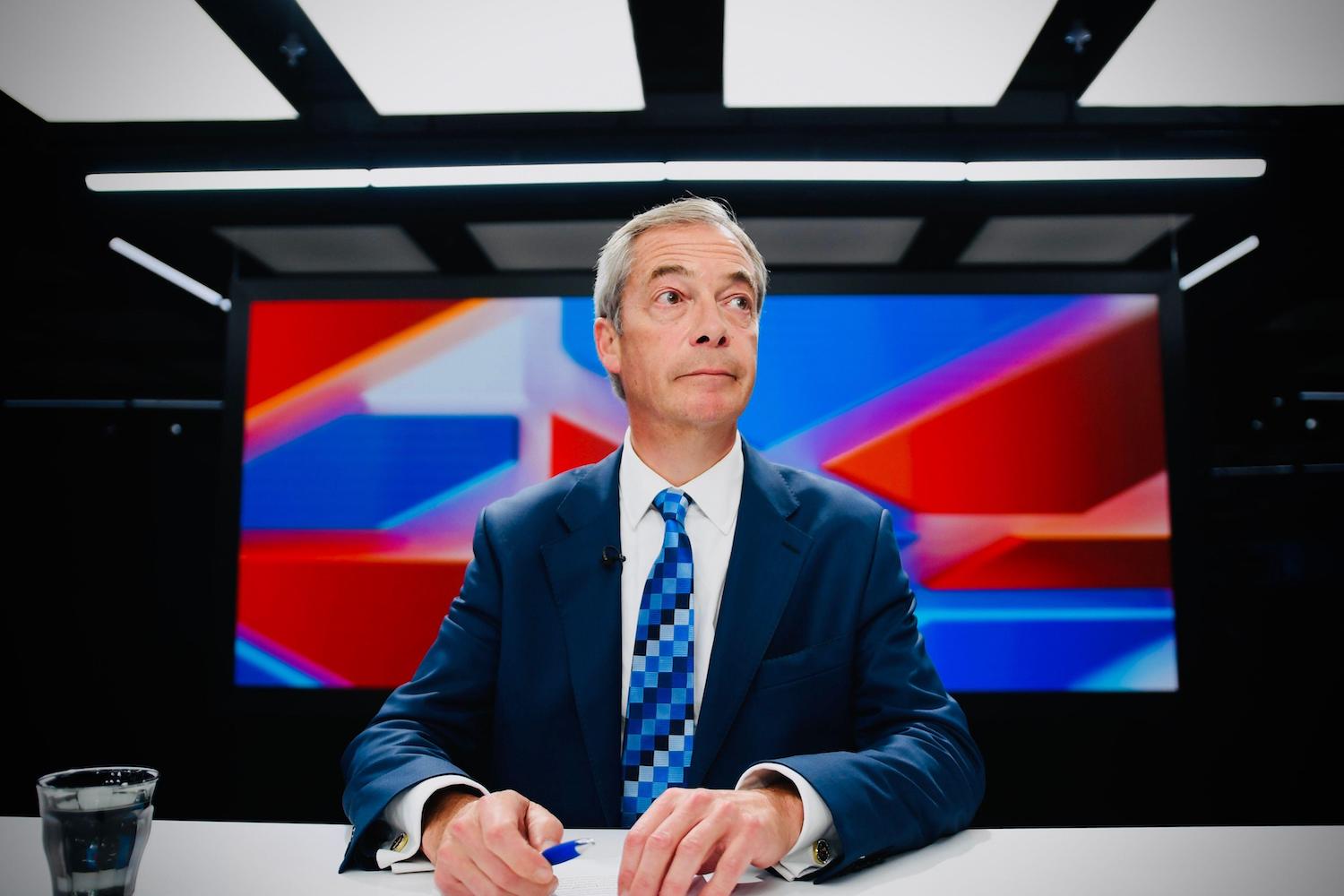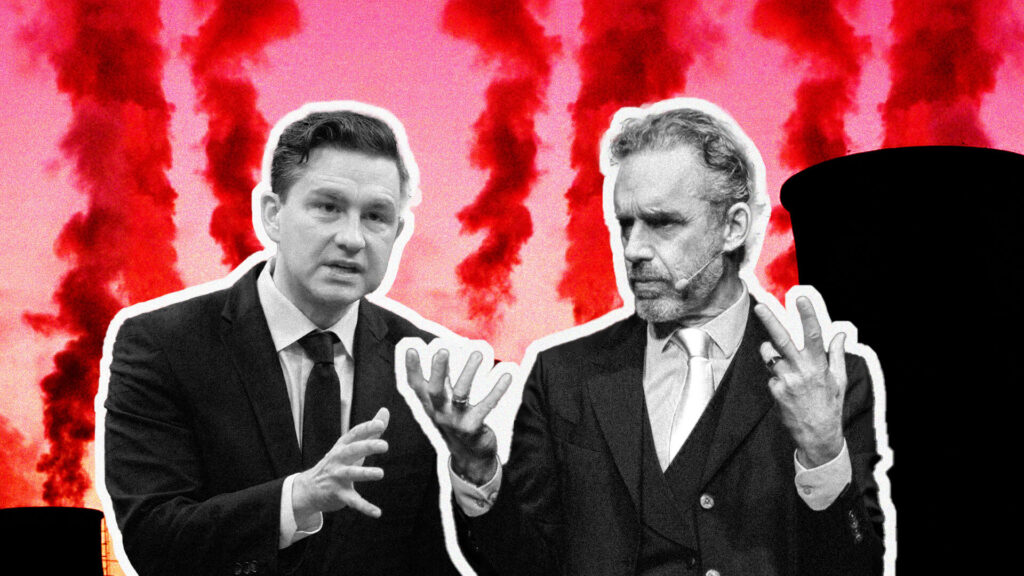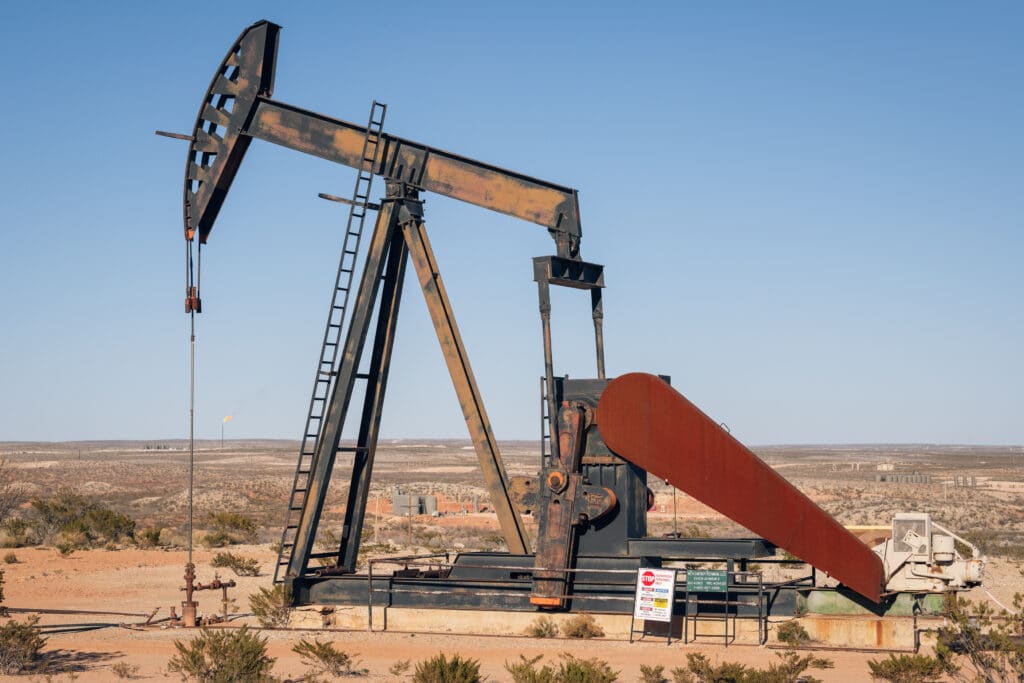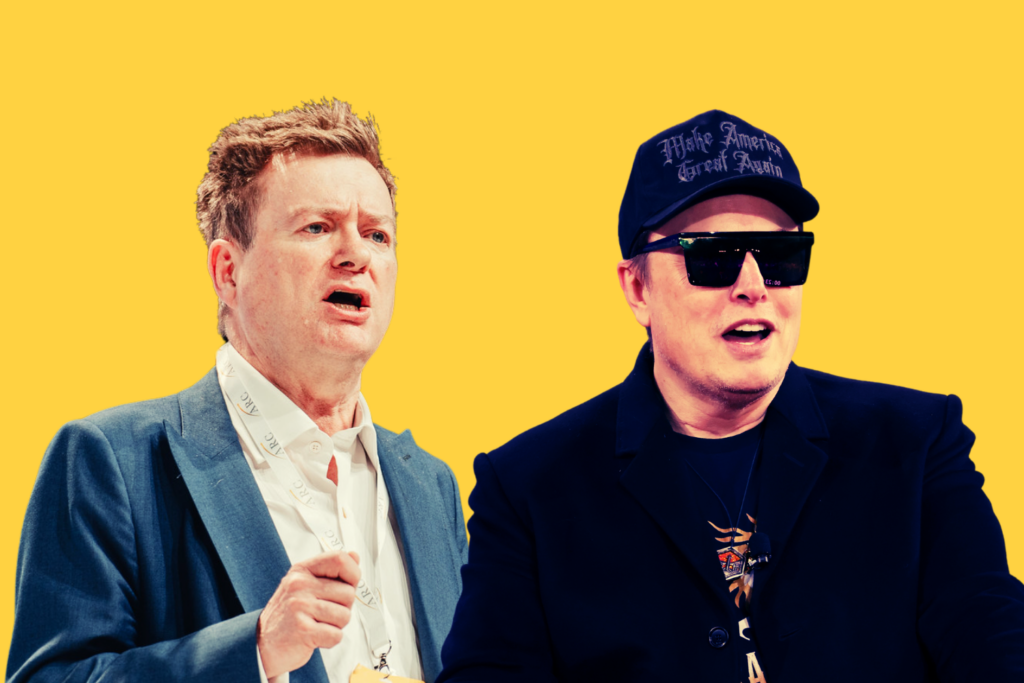One of the biggest donors to Nigel Farage’s anti-net zero Reform UK during the general election campaign has significant Russian business interests, DeSmog can report.
Natural resources investor David Lilley donated £100,000 to Reform on 10 June – a week after Farage announced that he was returning as the party’s leader. Lilley’s donation was the third largest to Reform during the campaign so far.
As revealed by The Mirror and Good Law Project in the former’s print edition, Lilley controls a series of companies that own 12,000 hectares of farmland in the Stavropol region of Russia, in the south west of the country, used to produce cereals and oilseeds.
Lilley confirmed to DeSmog that he still owns this land, saying that “I have never made a secret of my assets in Russia.” He said that he had made no profit on these assets since February 2022 and that he had been prevented from selling them by the Russian state.
Farage has come under fire in recent days for suggesting that Russia’s 2022 invasion of Ukraine was provoked by the west, and for calling on Ukraine to enter peace talks with Russian President Vladimir Putin. Good Law Project executive director Jolyon Maugham told DeSmog that Reform is “starting to feel a bit like Russia’s unofficial British Embassy.”
The Reform leader has previously said that Putin is the world leader that he most admires, though has also called him a “bad man”.
A negotiated end to the war would likely result in Russia holding on to the territory it has taken by force in eastern Ukraine – an outcome that has been repeatedly ruled out by Ukrainian President Volodymyr Zelenskyy.
A quick conclusion to the war would benefit Lilley’s financial interests, though there is no evidence that he donated to Reform due to Farage’s stance on Russia and Ukraine. Lilley told DeSmog: “I utterly condemn Putin’s immoral and illegal invasion of Ukraine, it has caused untold suffering and economic damage.”
Currently, Lilley’s companies have written off their Russian assets, worth £1.76 million as of October 2022. His holding company stated in its latest accounts that the sanctions put in place due to the war were hindering its ability to manage its Russian business interests. However, an end to the conflict would likely create more favourable trading conditions.
Russian financial data indicates that two Russian companies owned by Lilley made a loss of 99 million Roubles (£890,000) in 2023 on revenues of 160 million roubles (£1.43 million).
Lilley has been a longstanding political donor, having previously given £580,000 to the Conservative Party and its candidates between 2013 and 2023, as well as £150,000 to the Vote Leave campaign.
An experienced metals and mining trader, Lilley is the former business partner of Tory peer Lord Michael Farmer, who is also a major party donor.
Reform has been approached for comment.
Reform’s Climate Science Denial
Reform UK has been campaigning on an overtly anti-climate platform, and has called for the UK’s 2050 net zero emissions target to be scrapped. Reform launched its manifesto last week with a pledge to expand oil and gas exploration and open new coal mines.
The party’s chairman and former leader Richard Tice has said “CO2 isn’t poison, it’s plant food”, and recently blamed climate change on “the power of the sun or volcanoes”.
The UN’s Intergovernmental Panel on Climate Change (IPCC), the world’s foremost climate science body, has stated that carbon dioxide “is responsible for most of global warming” since the late 19th century, which has increased the “severity and frequency of weather and climate extremes, like heat waves, heavy rains, and drought”.
Farage also has a history of denying climate science and attacking green policies. Speaking on GB News in August 2021, he said that he was “very much an environmentalist” and that he couldn’t “abide things like plastics in our seas, pollution in our rivers.” However, on the issue of climate change, he added: “What annoys me though, is this complete obsession with carbon dioxide almost to the exclusion of everything else, the alarmism that comes with it, based on dodgy predictions and science.”
The IPCC has stated that it is “unequivocal that human influence has warmed the atmosphere, ocean and land”.
As revealed by DeSmog, Reform received more than £2.3 million from oil and gas interests, highly polluting industries, and climate science deniers between December 2019 and the start of the 2024 election campaign – amounting to 92 percent of the party’s donations during that period.
Subscribe to our newsletter
Stay up to date with DeSmog news and alerts







